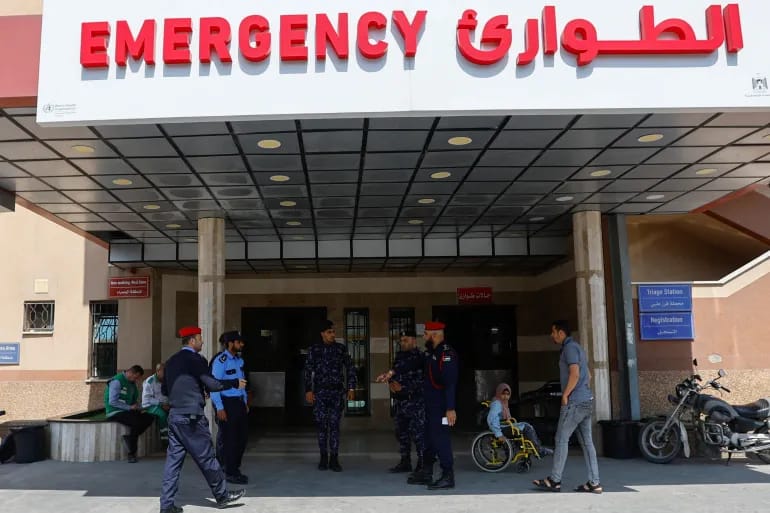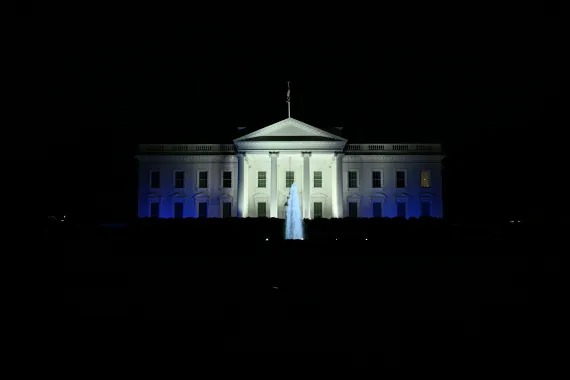Gaza, one of the world’s most densely populated regions, is teetering on the edge of a humanitarian catastrophe as its sole power plant faces imminent fuel depletion. This crisis has been exacerbated by Israel’s recent decision to sever electricity supplies to the Hamas-run enclave in response to the armed group’s attacks. With all basic life services hanging in the balance, the people of Gaza are grappling with a dire situation, prompting urgent calls for international intervention.
Gaza’s Sole Power Plant Running Out of Fuel
The Palestinian Energy Authority Chairman, Thafer Melhem, delivered a grim message, revealing that the Gaza Strip’s only power plant would cease operations within hours. With approximately 2.3 million people crammed into this small region, the sudden loss of electricity threatens to disrupt all basic life services, which are heavily reliant on power. Gaza’s authorities decried the situation as a “humanitarian crisis” and labeled Israel’s actions as the “dirtiest crime of collective punishment against defenseless civilians in modern history.”
Israel’s “Total Siege” Plunges Gaza into Darkness
Israel’s retaliation against Hamas’s recent attacks took the form of a “total siege” that not only cut off electricity but also halted the entry of essential supplies, including food and fuel. Israeli Defence Minister Yoav Gallant’s announcement made it clear that the enclave would be subjected to a complete blackout, highlighting the severe nature of the punitive measures. This blockade adds to the prolonged suffering of Gaza, which has been enduring a 16-year-long Israeli blockade since June 2007, resulting in severe restrictions on airspace, territorial waters, and border crossings.
Urgent Pleas for International Intervention to Avert Disaster
The situation in Gaza has raised alarms on a global scale, with urgent pleas for international intervention. Hussein al-Sheikh, secretary-general of the executive committee of the Palestine Liberation Organization (PLO), implored the international community to act swiftly to halt the aggression, allow the entry of relief materials, restore electricity and water, and prevent what could escalate into a major humanitarian catastrophe.
The United Nations Relief and Works Agency for Palestine Refugees has also sounded the alarm, stating that they have less than two weeks’ worth of supplies to support over 180,000 people who have sought refuge in its schools in Gaza. Roads are blocked, telephone lines are down, and networks have been targeted by airstrikes, making it increasingly challenging for the agency to provide assistance. Jennifer Austin, the deputy director of the agency, characterized the situation as unprecedented and fraught with uncertainty.
As Gaza faces the impending darkness due to the depletion of its power plant’s fuel reserves, there is a pressing need for immediate international intervention. The lives and well-being of 2.3 million people are at stake, and the cut-off of essential supplies like food, water, and fuel exacerbates an already dire situation. As the world watches, Gaza’s authorities and international agencies urgently call for a resolution to avert a full-scale humanitarian catastrophe.
















